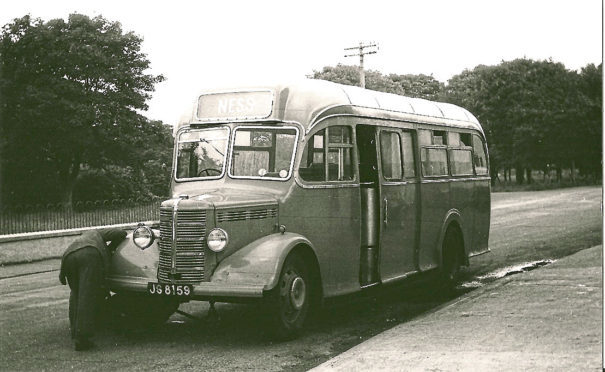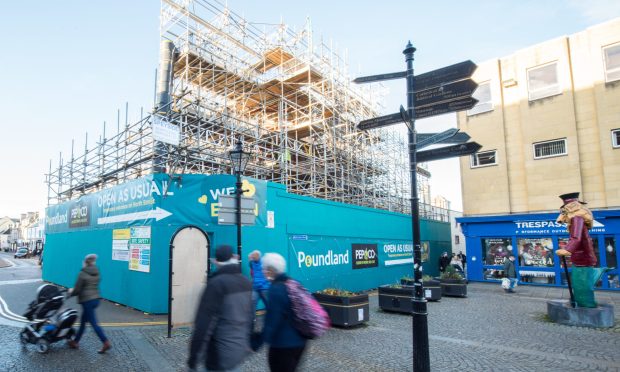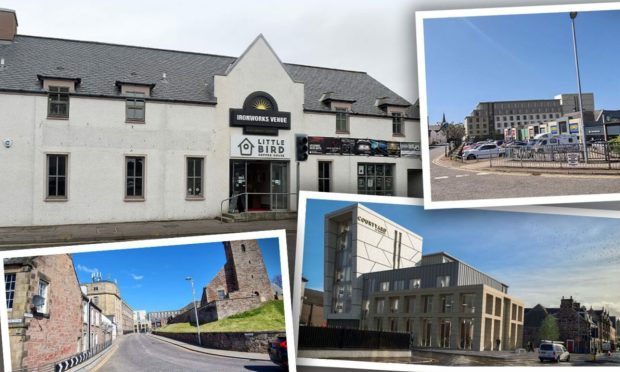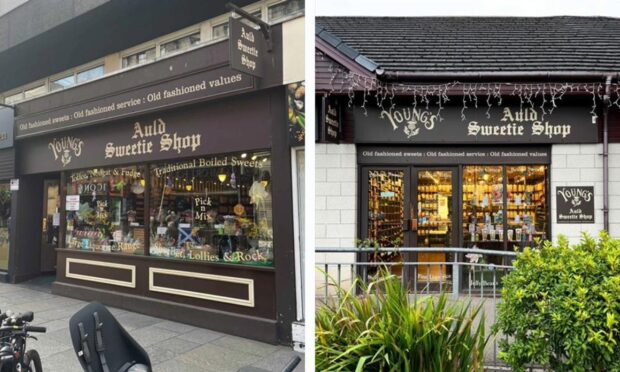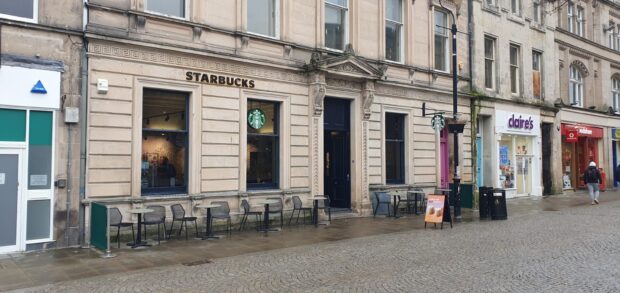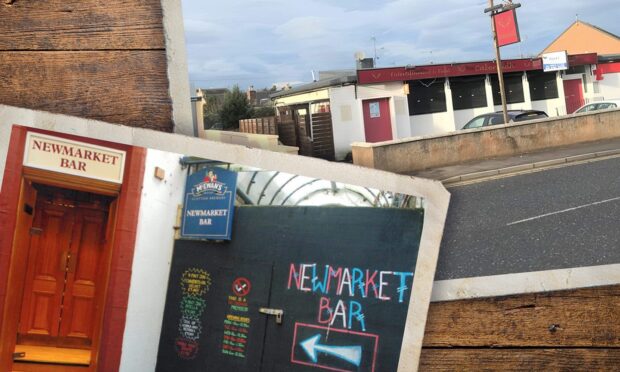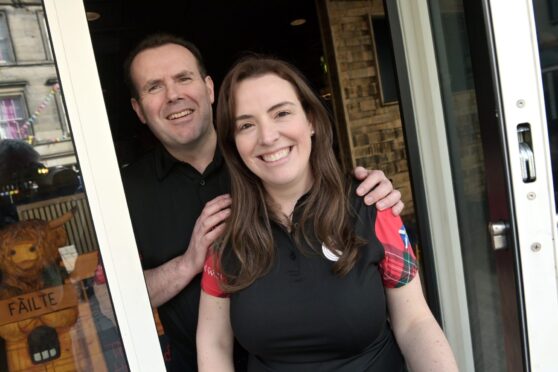A six-decade history of a Lewis garage and bus business has been captured in a new book about the entrepreneur, John Mitchell, who founded it on his return to the Outer Hebrides after the First World War.
It also celebrates his son, Ian, who made it his life’s work to build the business.
Mitchell’s buses were a familiar sight on routes between the crofting communities of Lewis and the island’s capital, Stornoway, for generations.
The company was launched in the 1920s by Mr Mitchell Sr when he came back to Stornoway after active service with a single vehicle, which became one of the island’s first “township buses”.
He expanded the business, with more vehicles and a parcel service, and successfully took on the Stornoway Trustees in a battle to be allowed to build a garage.
The wrangle went all the way to the House of Lords and became a famous case in contract law.
Mitchell’s closed in December 1979 and 37 years later, shortly before Ian Mitchell’s sudden death in 2016, author Colin Tucker was asked by the family to write a history of the business.
The book, Mitchell’s: The Story Of A Stornoway Family’s Garage And Bus Business, will be launched by publisher Acair Books at the town’s Caladh Inn on Monday.
Agnes Rennie, Acair manager, said: “This book tells the story of an entrepreneur who didn’t head across the Atlantic like many of his generation.
“Having survived the horrors of World War One, John Mitchell first built a bus and then went on to build one of the most successful businesses on the island of Lewis.
“This was a family story but also very clearly the story of a community, and there was no doubt in our minds when Ian Mitchell came to Acair with the proposal that this was a book that should be published.”
She added: “Tragically, Ian died very suddenly, having very recently engaged Colin Tucker to write the book.
“But fortunately Ian’s son Chris took up the reins and was determined to see the book published.”
